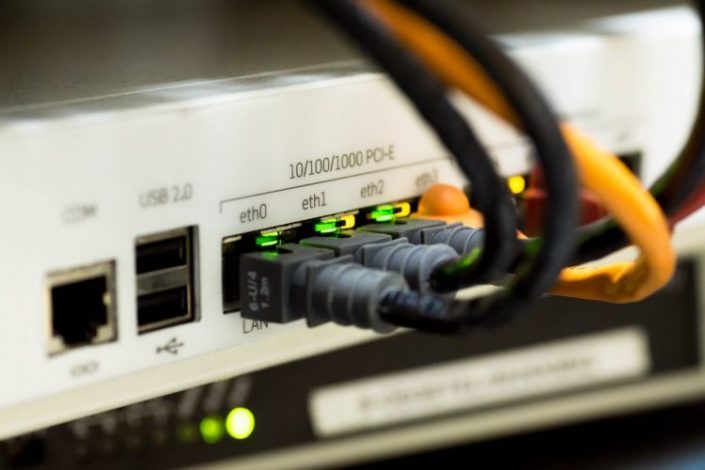East Africa is currently grappling with widespread internet outages following disruptions to critical undersea cables.
The issues began on Sunday and have significantly impacted internet connectivity in Kenya, Tanzania, Rwanda, and Uganda.
Its me again. Internet to East Africa is severely impaired. All sub sea capacity between East Africa and South Africa is down.
EASSy Cable – Fault confirmed
Seacom Cable – Observing Fault that occurred at same time.
3 cable cuts in Red Sea (Seacom, EIG, AAE1) remain unrepaired.— Ben Roberts 🇬🇧🇰🇪 (@benliquidkenya) May 12, 2024
The root cause of the problem lies in damage sustained by two subsea cables, EASSy and Seacom, which connect East Africa to South Africa.
⚠ Confirmed: Network data show a disruption to internet connectivity in and around multiple East #Africa countries; the incident is attributed to failures affecting the SEACOM and EASSY subsea cable systems 📉 pic.twitter.com/8TsAvKrOe6
— NetBlocks (@netblocks) May 12, 2024
According to the West Indian Ocean Cable Company (WIOCC), an investor in EASSy, a section of this cable has been severed between South Africa and Mozambique.
Independent reports from Liquid Intelligent Technologies indicate a separate cut on the Seacom cable, located approximately 45 kilometres north of Durban, South Africa.
The situation is further compounded by the ongoing outage of three additional subsea cables in the Red Sea – Seacom, Europe India Gateway (EIG), and Asia-Africa-Europe 1 (AAE-1). These cables were previously damaged and remain unrepaired, adding to the current strain on East Africa’s internet infrastructure.
The impact of these disruptions is not uniform across the region. Data from Cloudflare Radar suggests Tanzania has been hit the hardest, experiencing a staggering 70% drop in internet traffic. While not as severe, Malawi, Mozambique, and Madagascar are also reporting sluggish internet speeds.
Efforts to restore connectivity
The Communications Authority of Kenya (CA), has confirmed the repair process for the damaged cables has begun.
“We wish to inform individual and corporate consumers that the recovery process has since commenced, but internet intermittency and slow speeds may remain in the coming few days before services are fully recovered,” CA Director General David Mugonyi said in a statement.
Additionally, internet service providers are implementing redundancy measures, which involve utilizing alternative routes to maintain some level of connectivity.
“We have experienced an outage on one of the undersea cables that deliver internet traffic in and out of the country. We have since activated redundancy measures to minimize service interruption and keep you connected as we await the full restoration of the cable,” Safaricom said in a notice.
Update On The Undersea Cable Cuts pic.twitter.com/fvvqze4Hkc
— Safaricom PLC (@SafaricomPLC) May 13, 2024
The East African Marine Systems (TEAMS) cable, which remains operational, is currently being used to handle local traffic flow within the region.
This incident marks the third major internet disruption in Africa in 2024. In March, a similar event caused widespread outages along the West African coast after multiple subsea cables were damaged.
These repeated occurrences highlight the vulnerability of Africa’s internet infrastructure, which remains heavily reliant on undersea cables. The cause of the recent cable cuts in East Africa remains unclear.
Furthermore, timelines for the repair of all affected cables are uncertain, suggesting the potential for continued internet slowness and instability in the region.
This event reignites discussions about the need to diversify African internet infrastructure beyond its dependence on undersea cables. While satellite internet offers a potential solution for redundancy, its high cost remains a significant barrier.
However, the recent incident also underscores the vulnerability of satellite internet to geomagnetic storms, which can disrupt their functionality.




